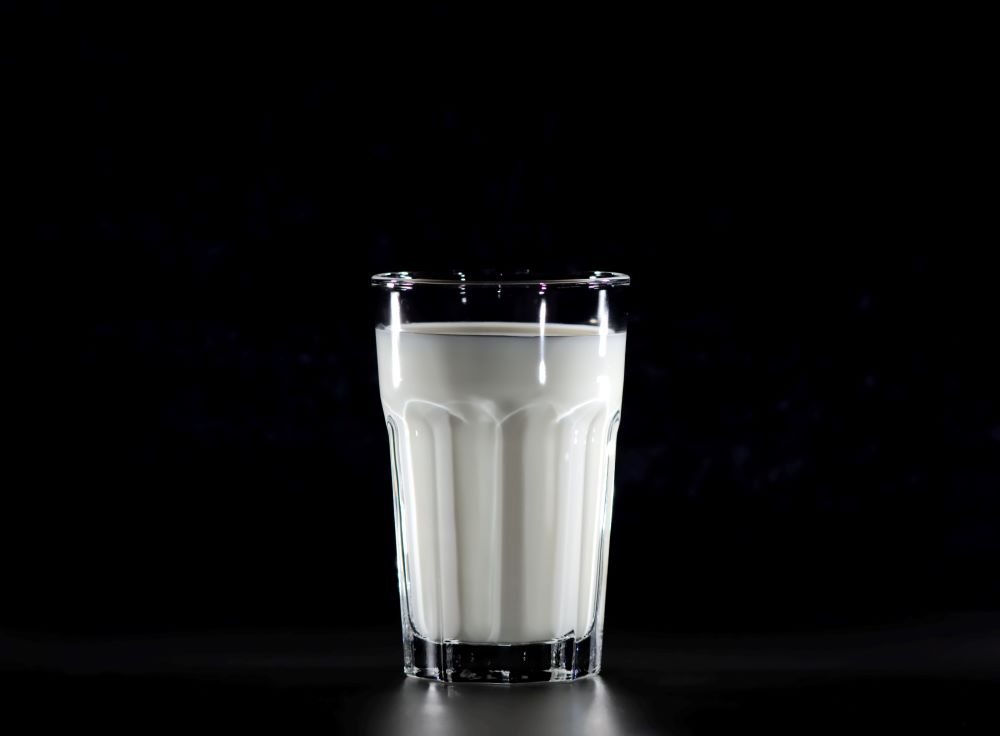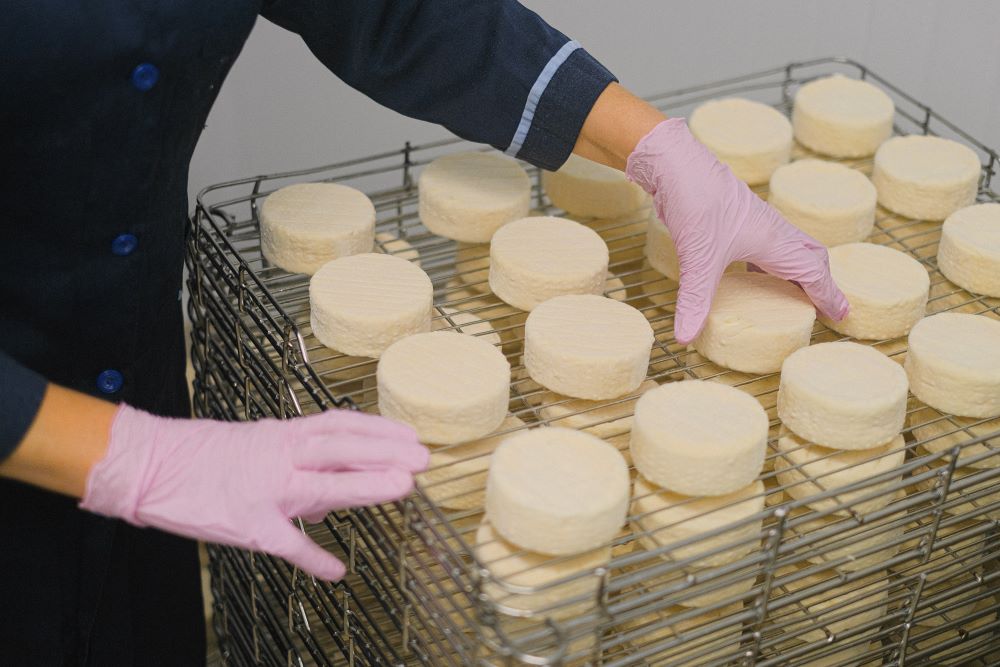Unpasteurized milk can contain dangerous levels of bacteria, causing foodborne illnesses.
Public health experts nationwide are expressing concern and frustration as several states have decided to legalize the sale and consumption of raw milk, despite long-standing health warnings. In a surprising turn of events, these states have chosen to disregard the evidence-based consensus that pasteurization is crucial in ensuring milk’s safety and protecting consumers’ health.
Milk is not only a popular beverage nationwide, but it is an ingredient in many common recipes, especially baked goods. This means, even if one prefers not to drink a glass of it, milk might be added to their cereal bowl or be in their favorite cookies.
Because of the general popularity of milk, it’s important to know that consuming it in its raw form can be dangerous since it has yet to go through pasteurization, a process that involves heating the milk to a specific temperature and cooling it quickly to eliminate harmful bacteria like salmonella, E. coli, and listeria. These illnesses can lead to severe stomach cramps and gastrointestinal issues, vomiting, high fevers and even death. There is simply no telling what the consequences will be if one chooses to consume the unpasteurized version, allowing for potentially harmful bacteria to infiltrate the body.

According to public health experts, legalizing raw milk consumption shows a complete lack of awareness and appreciation for the dangers associated with it. If raw milk is made available for sale, it could weaken existing protective measures overall and put vulnerable groups like children, the elderly, and those with weakened immune systems at a greater risk of getting sick. Infants are some of the biggest consumers of milk and they are especially vulnerable as their immune systems have not had a chance to develop fully. Not everyone is privy to the effects of unpasteurized milk and may purchase the raw version without being properly educated.
The decision to legalize raw milk also poses challenges to public health surveillance and outbreak response. When outbreaks occur, it can be difficult to trace the source of contamination and identify affected individuals if raw milk is widely available. This hampers public health agencies’ ability to take swift action to contain outbreaks and prevent further spread of the disease.
It is crucial to recognize that consuming raw milk is not just an individual decision; it has broader public health implications. The consequences of outbreaks related to raw milk extend beyond those who choose to drink it, affecting the entire community. Legalizing raw milk disregards the collective responsibility to protect public health and places an undue burden on the healthcare system and society.
In light of these concerns, public health experts are urging states to reconsider their decisions and reprioritize evidence-based approaches to protect the health and well-being of their populations. Strengthening regulations, promoting education on raw milk risks, and emphasizing pasteurization’s benefits are essential to safeguarding against illness. Otherwise, as states are quick to jump on the raw milk train in an effort to supposedly introduce more ‘natural’ products into the diets of their citizens, more outbreaks of foodborne illnesses are likely to follow.
Sources:
More States Legalize Sales of Unpasteurized Milk, Despite Public Health Warnings
More states legalize sales of unpasteurized milk, despite health warnings
‘Public health has lost the war’: States legalize raw milk, despite public health warnings


Join the conversation!